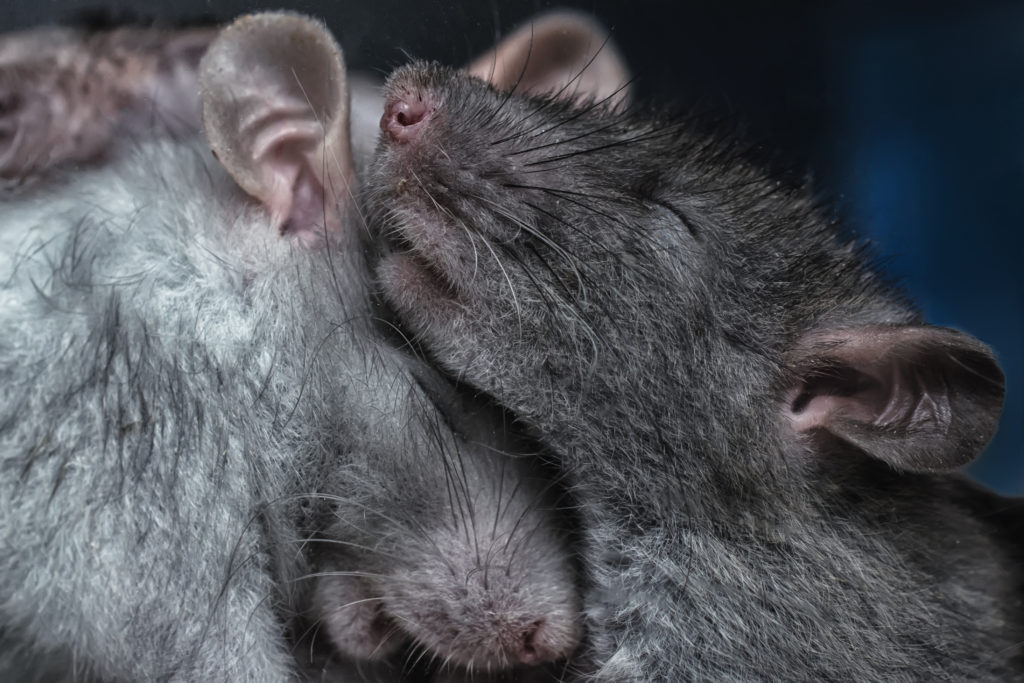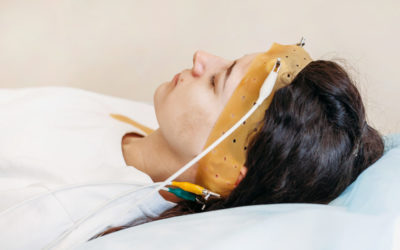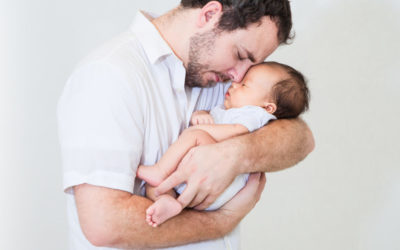Quick Hits
Daily brief research updates from the cognitive sciences

I have reported in other places on the social regions of the brain (for review see here). And this has indeed been the standard approach – try to identify the specific regions in the brain that engage in a particular activity.
However, this research adds an interesting twist to the concept of the social brain. Japanese researchers at Tohoku University and the University of Tokyo have discovered electrical brain wave patterns related to social behaviour in mice.
What did they find?
First, they found that there was a brain wave signature in social interactions. These came from regions we already know are associated with social behaviour namely a region called the medial prefrontal cortex, in the front of the brain, associated with social behaviours, and the amygdala which is well-known as an emotional and attentional centre.
When mice were socialising theta waves (slow waves) decreased and gamma (fast waves) increased. This is in itself interesting and gives another neural signature that is easier to measure than brain scanning. But mice that had poor social skills or that exhibited signs of depression or autism (yes, you can measure this in mice) lacked this brain wave pattern.
The critical question is: can these brain waves patterns actually influence social behaviour? Through optogenetics the researchers were able to stimulate the social brain wave patterns in these social dysfunctional mice and yes, their social behaviour normalised.
In short, a pretty amazing piece of research that shows that brain waves are critical to social interactions, and these can also be manipulated (in mice that is) to improve social behaviour. Not in humans yet, unfortunately!●

Andy Habermacher
Andy is author of leading brains Review, Neuroleadership, and multiple other books. He has been intensively involved in writing and research into neuroleadership and is considered one of Europe’s leading experts. He is also a well-known public speaker speaking on the brain and human behaviour.
Andy is also a masters athlete (middle distance running) and competes regularly at international competitions (and holds a few national records in his age category).
Reference
Nahoko Kuga, Reimi Abe, Kotomi Takano, Yuji Ikegaya, Takuya Sasaki.
Prefrontal-amygdalar oscillations related to social behavior in mice.
eLife, 2022; 11
DOI: 10.7554/eLife.78428
More Quick Hits
Disagreements Improve Team Perception
We might assume that agreement would be high in high-performing teams – this study shows the opposite…
Brain Cells Adapt to Help You Stay Awake
Falling asleep is a funny thing – you don’t need to think about it when it happens but can cause many people who can’t incredibly frustration…
Dad Brain is Real
We know that mothers go through multiple physical and psychological changes after birth (and before) including change in brain structures but what about fresh fathers?
Mask-Wearing Makes You Better Behaved
This is a fascinating study that shows that wearing masks changes behaviour in subtle but important ways…
Coffee Can Help You Live Longer
Yes, that is good news for you (us) coffee drinkers. This supports plenty of more recent studies which have shown the health benefits of coffee…
Big Kids Die Earlier!
Before you panic – the conclusion in the title is based on research into mice not human beings – but there could potentially be some important insights for us human beings as well.






